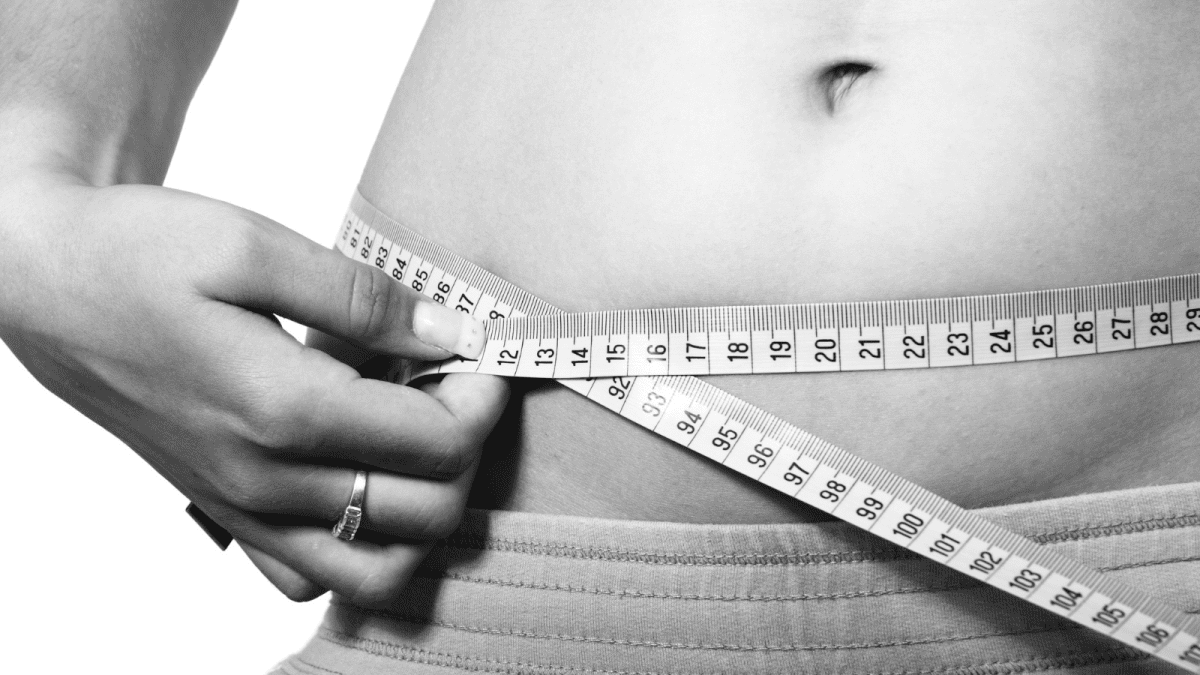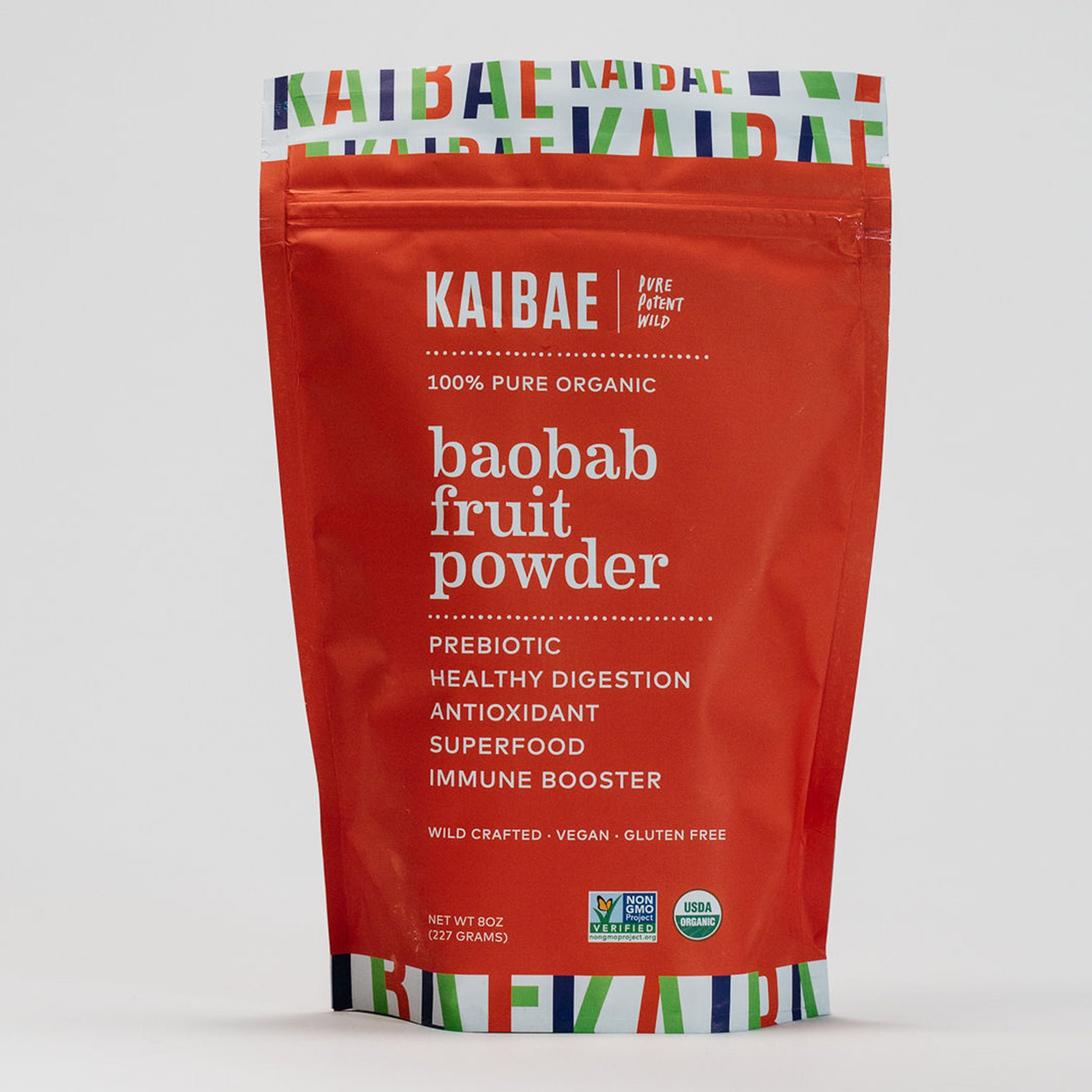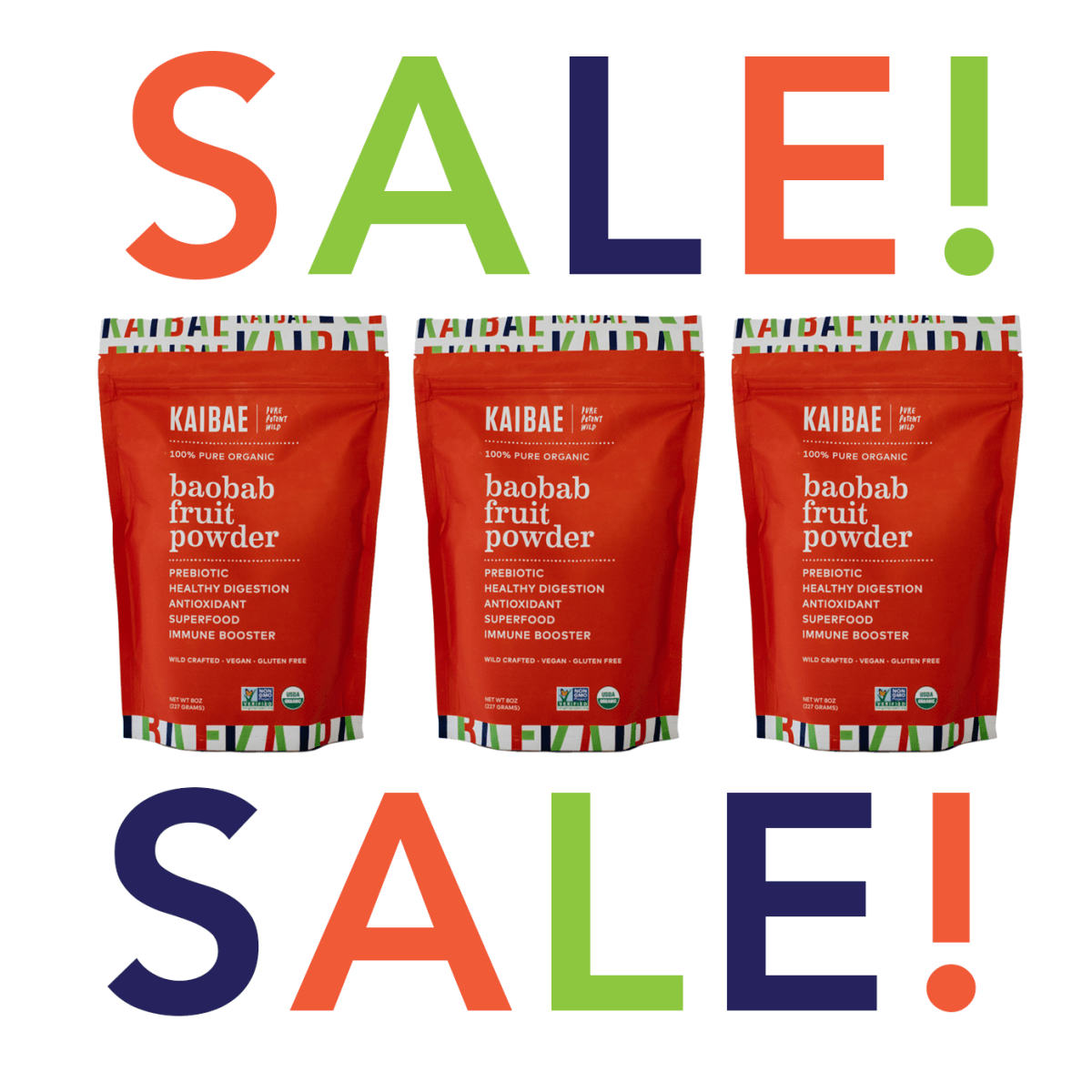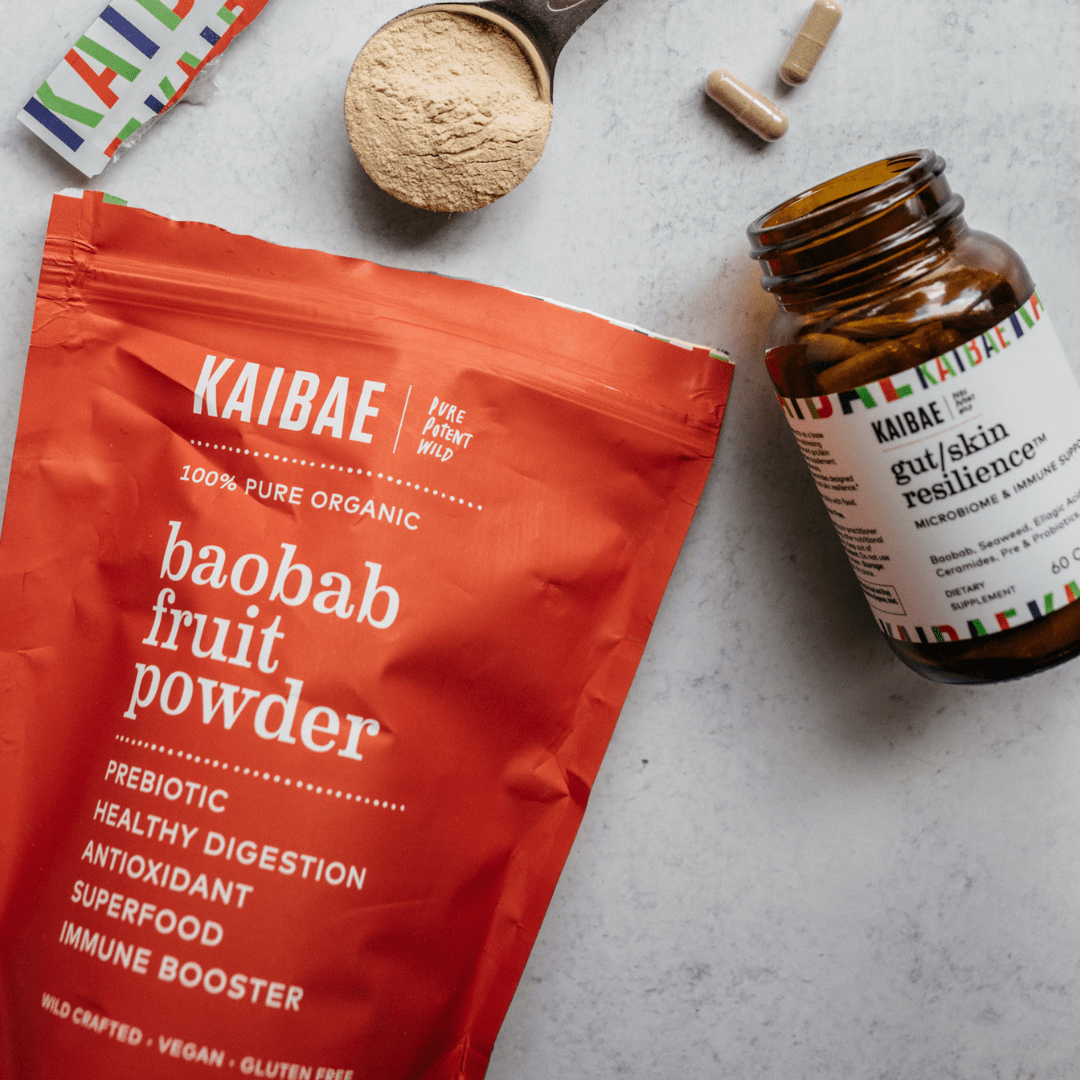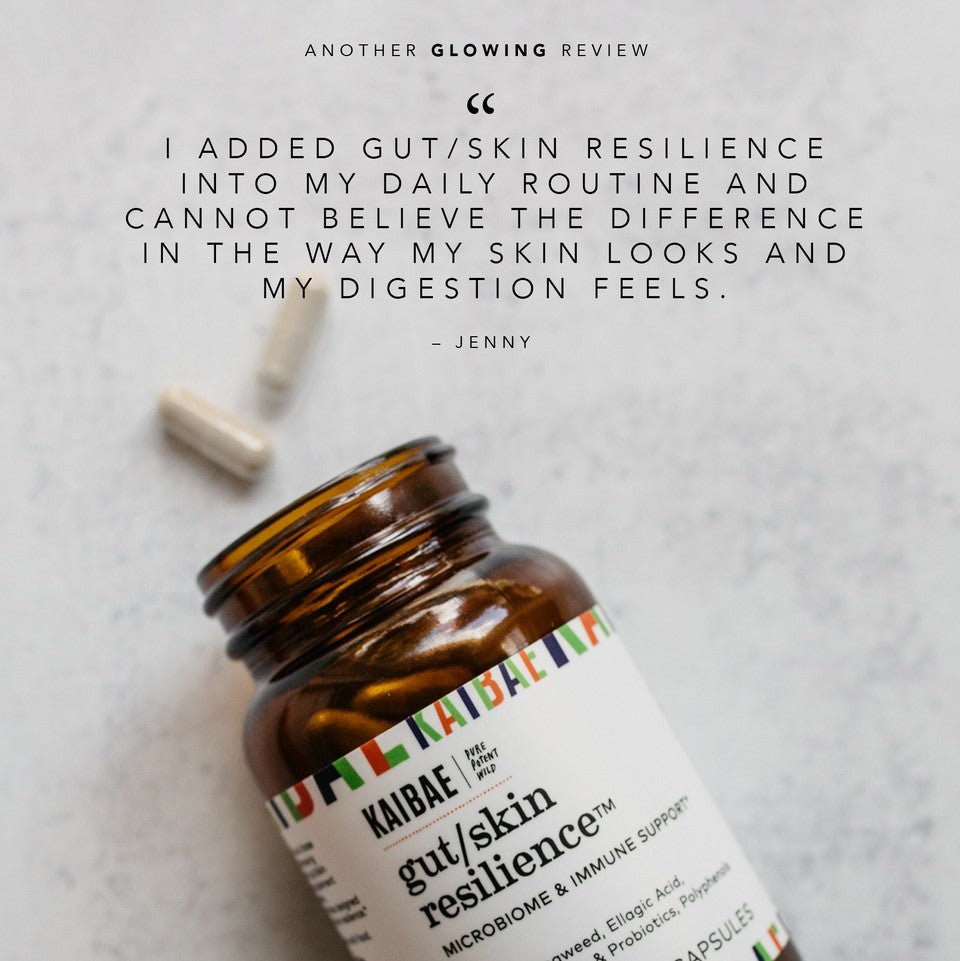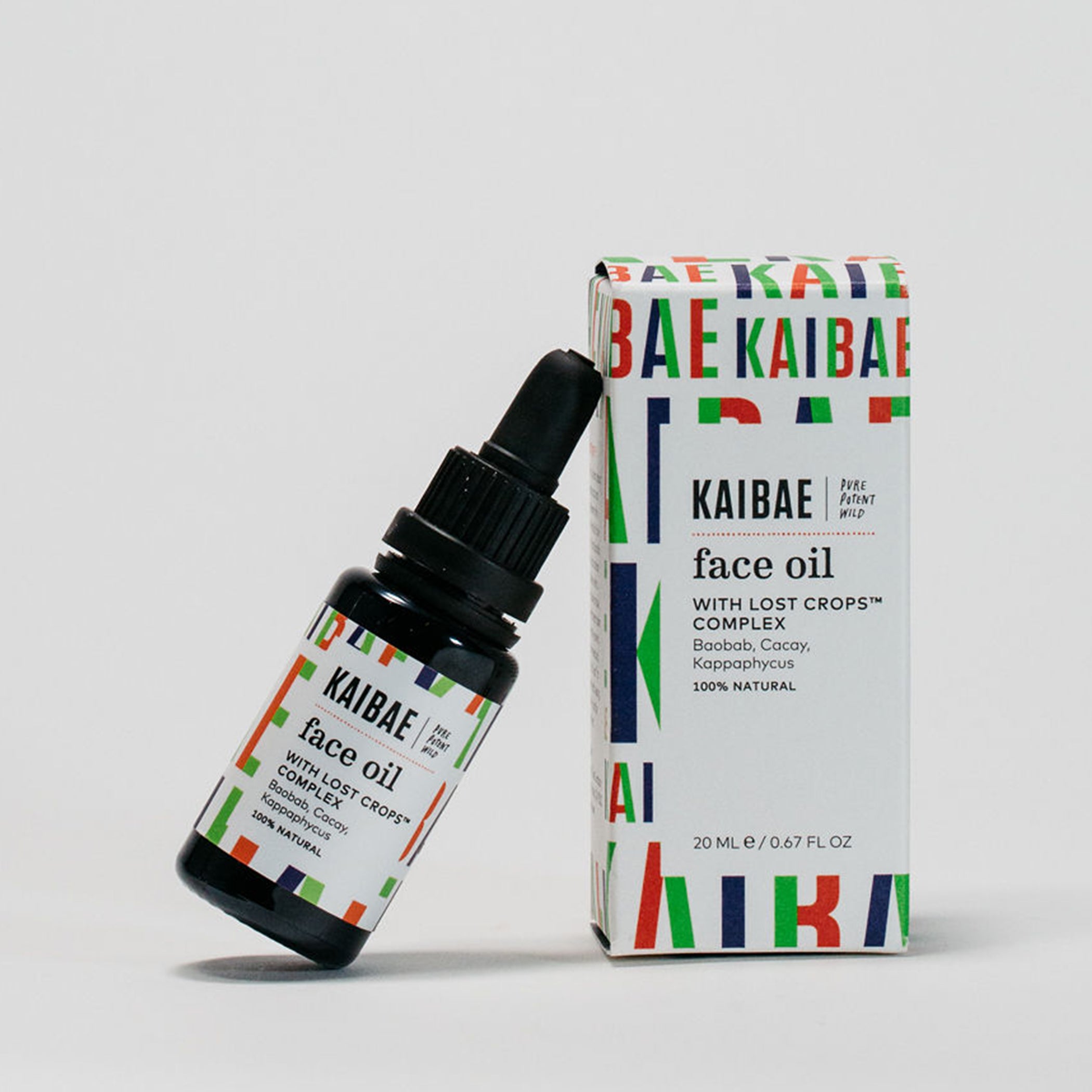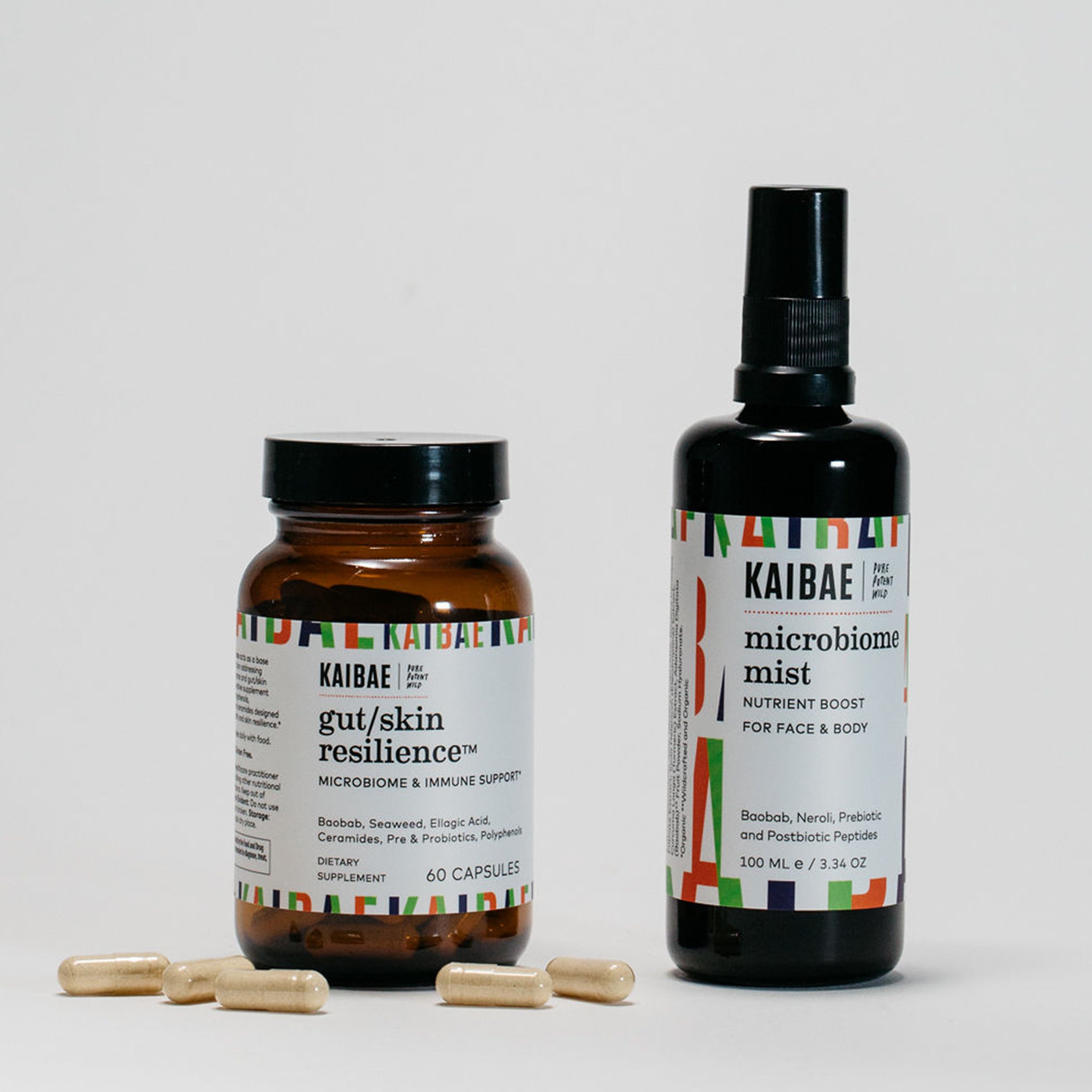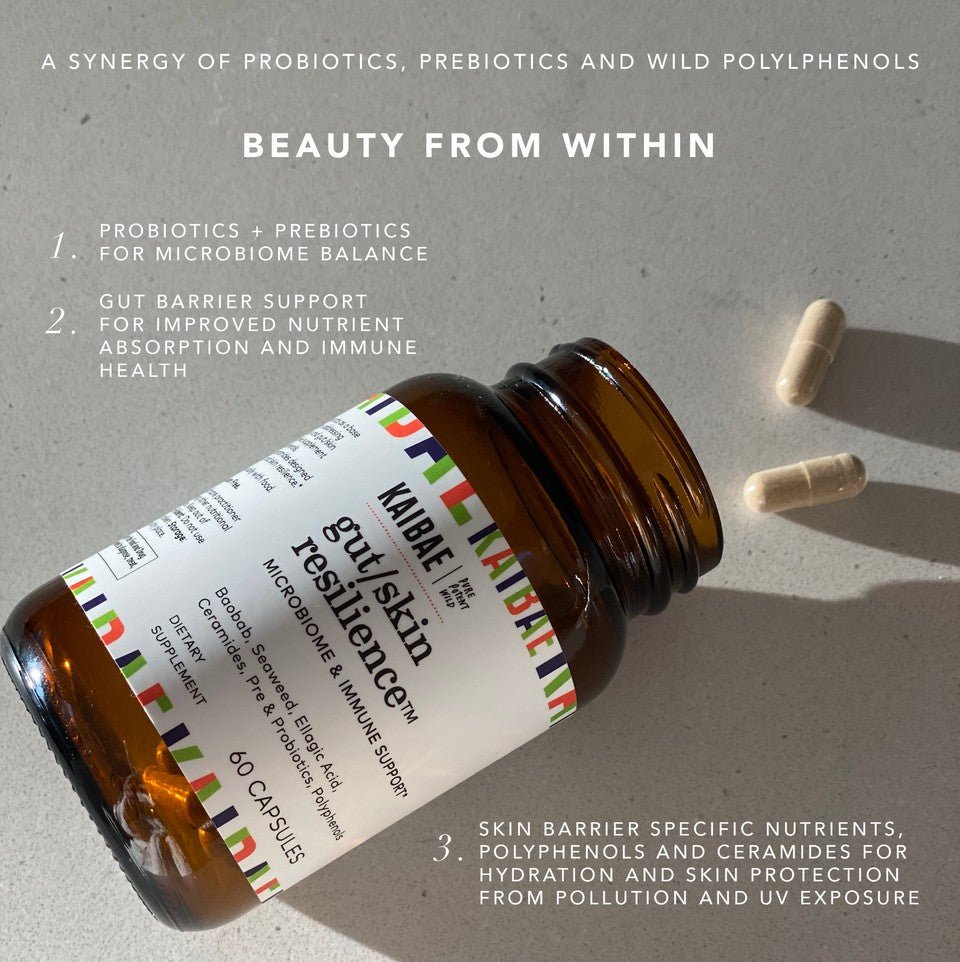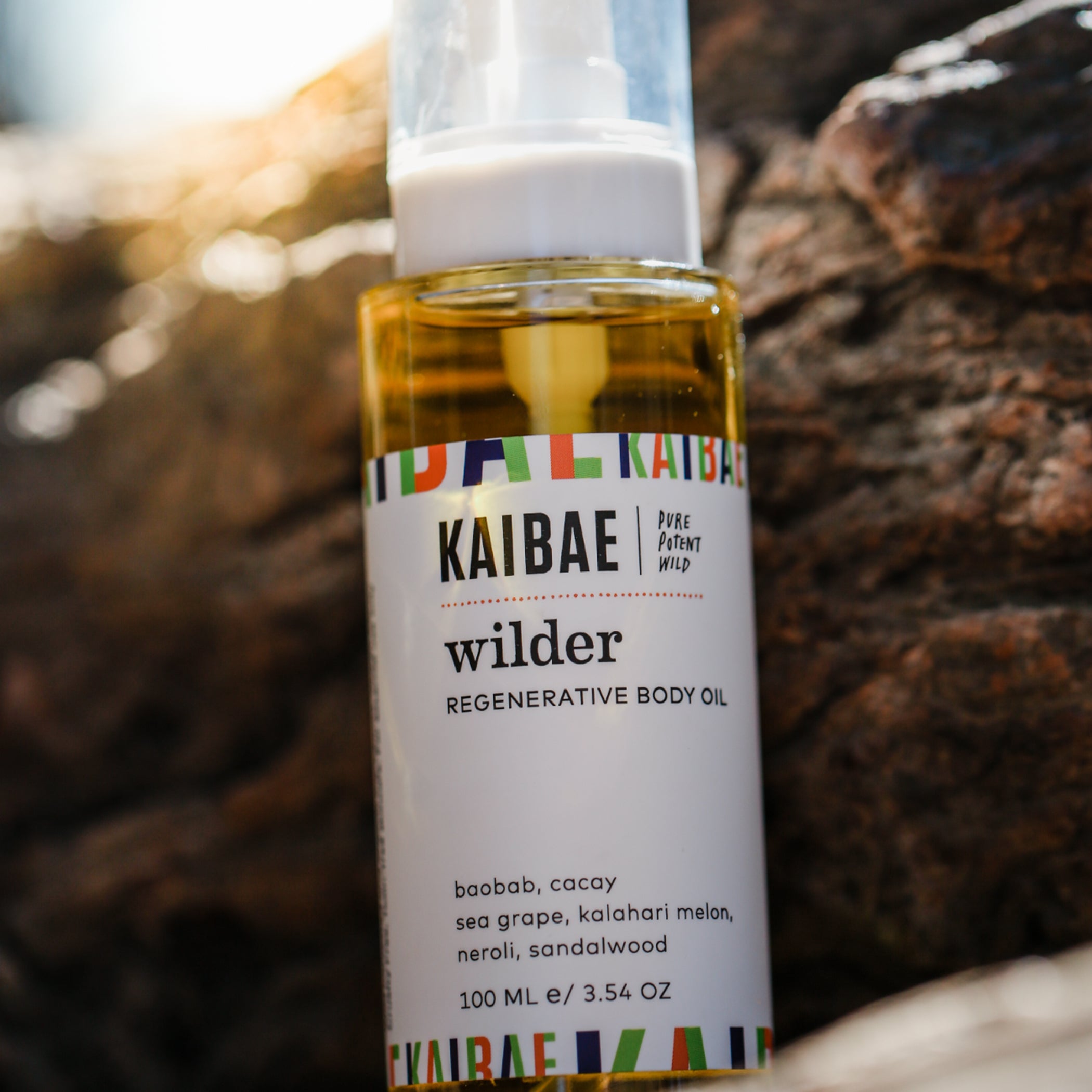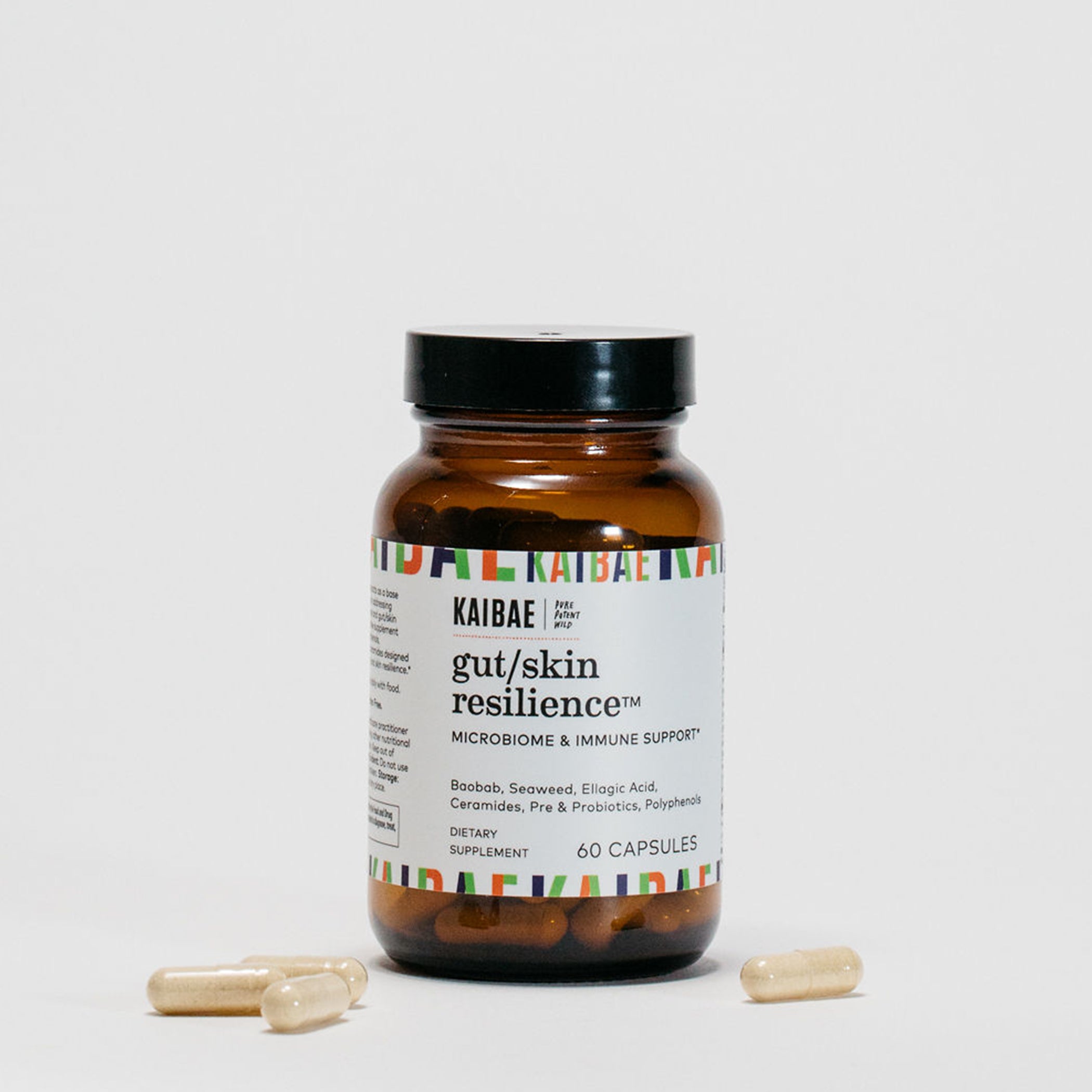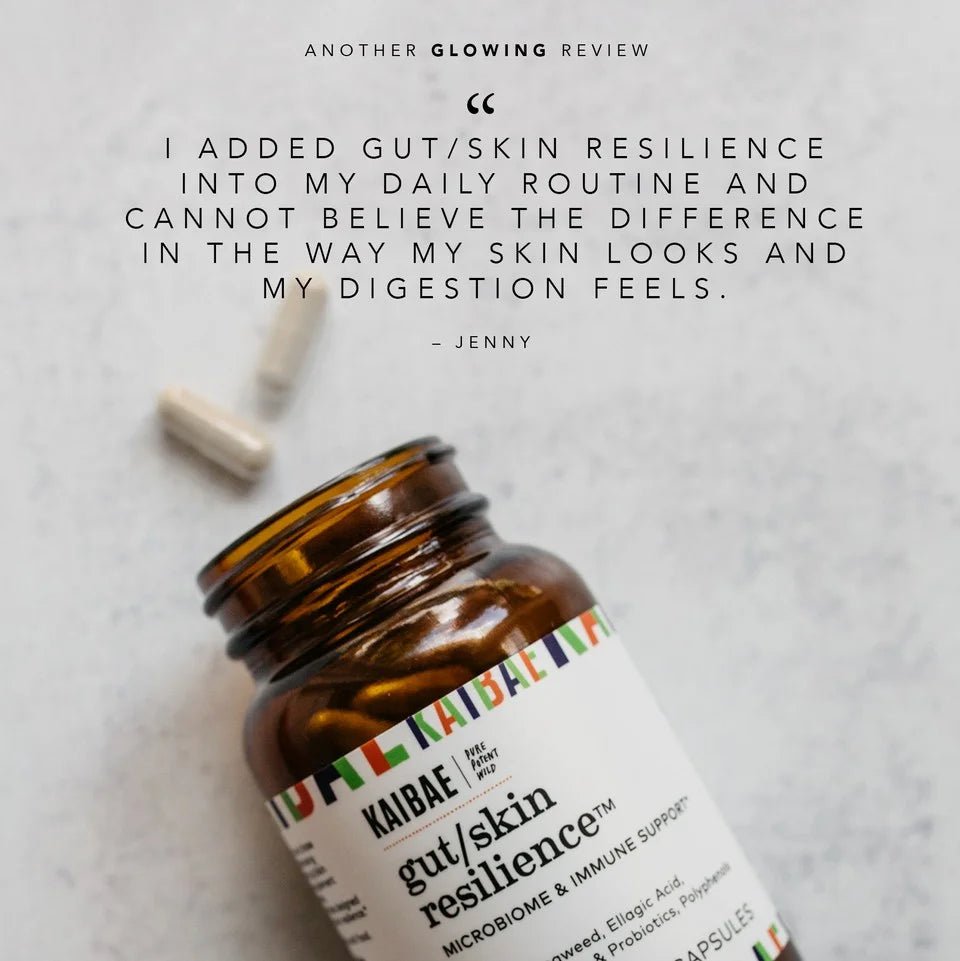The Ultimate Guide On How to Rebuild Good Bacteria in the Gut
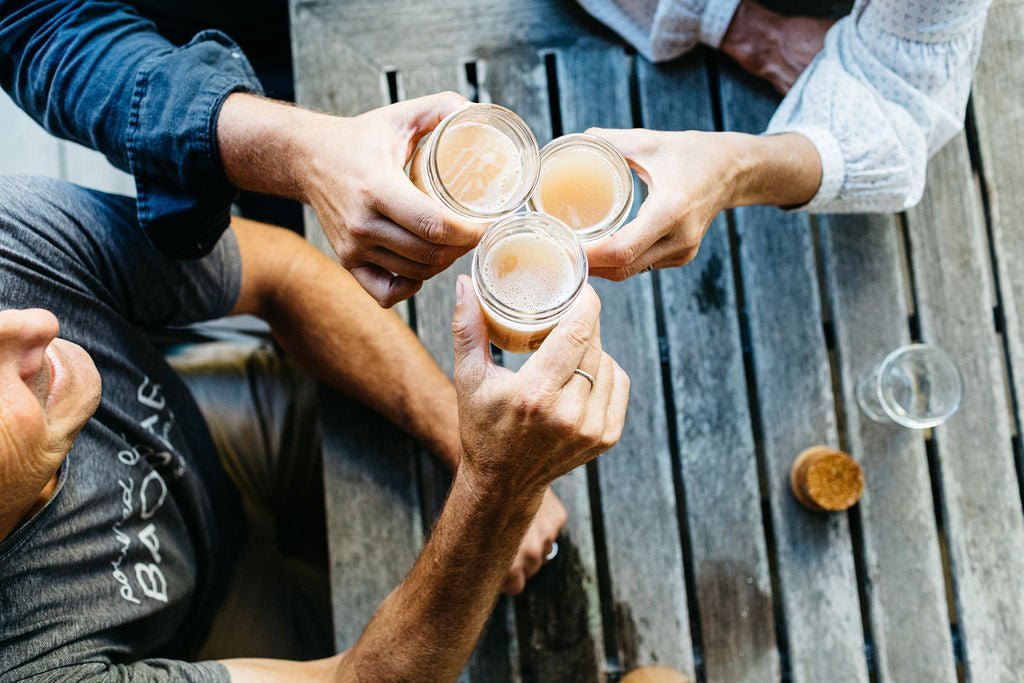
The gut plays a crucial role in your overall health. Most of the problem can be traced to the gut if your immune system is not up to par. Poor gut health is responsible for many health issues, but many people fail to realize this and ignore what they put into their bodies.
Fortunately, with some care and attention, you can become fully conscious of your gut health and work to restore it to its full working potential. This primarily involves looking at how to rebuild good gut bacteria. In short, if your gut is healthy and balanced, then so are you.

What is Gut Bacteria, and Why is it Important?
We often associate bacteria being something terrible. The truth is that there are just as many good bacteria as there are bad. The good bacteria keep us healthy and hold the bad bacteria at bay. Without it, harmful bacteria take hold, and that's what makes us unhealthy.
The gut is home to more than 10 trillion bacteria. They feed on dietary fiber and help create vital vitamins such as vitamins B and K. As the good bacteria work to break down the dietary fiber, fatty acids are released, which are a crucial energy source for our bodies.
Furthermore, your gut is responsible for 70% of your immune system's health. If the balance of good vs. bad bacteria is not correct, this will start to affect how your body responds to illness.
What are the Benefits of Gut Bacteria?
Having excellent gut health reaps many benefits. The most notable are:
- Support for your immune system.
- Inflammation control and reduction.
- Digestion help.
- Management of harmful bacteria.
- Prevention of harmful bacteria entering your bloodstream via the gut lining.
- Vitamin creation.
Good Gut Bacteria vs. Bad
Harmful bacteria can enter the body in several ways. You can ingest harmful bacteria via the food you eat, the water you drink, or the air you breathe. Their job is to multiply as fast as possible to make you sick. When you're sick, they make your body contagious so they can be passed on from host to host.
Once harmful bacteria have entered your body, good bacteria come into play. These microorganisms work hard to provide essential nutrients to help you stave off infections.
Without good bacteria, your body stands no chance against the bad stuff. Harmful bacteria are everywhere. We ingest them every day. Fortunately, you aren’t usually aware of this because good bacteria do an excellent job of keeping your body healthy.
Types of Bacteria in the Human Gut
Three main types of bacteria exist in your gut. They are either beneficial, opportunistic, or harmful.
We already know what harmful and good bacteria do. Opportunistic bacteria can either be neutral or harmful. If you're healthy, opportunistic bacteria do not affect the body. However, if the body is weak, this bacteria flourishes and hurts the body.
Common examples of good bacteria:
- Bifidobacteria
- Lactic acid bacteria
Common examples of harmful bacteria:
- Clostridium perfringens
- Staphylococcus
- Escherichia coli (E. coli toxic strain)
Common examples of opportunistic bacteria:
- Bacteroidetes
- E. coli (nontoxic strain)
- Streptococcus.
How Gut Bacteria Affect the Brain and Body
Before looking at how to replenish gut bacteria, you need to understand how it may be affecting you. This will tell you if you have a gut bacteria imbalance.
Hardly anyone considers how their mental health could be linked to their gut health. However, this is one of the most obvious signs that your gut health could suffer.
Gut microbes produce neurotransmitters such as dopamine, norepinephrine, acetylcholine, and GABA, all of which affect the brain. Concentration, mood, anxiety, and motivation are all affected by your gut bacteria and the number of neurotransmitters produced. Depression, stress, and the ability to control and process emotions are all symptoms of poor gut health.
Your metabolism is also adversely affected by bad gut health. This can eventually lead to type-2 diabetes, heart disease, and obesity. A lack of anti-inflammatory gut bacteria causes inflammatory bowel diseases such as Crohn's disease and ulcerative colitis. This also makes developing arthritis more likely.
Gut Bacteria in Health and Disease
Gut health and disease go hand in hand. Therefore an excellent way to combat bad health is to rebuild good bacteria. The healthier the heart, the healthier the body that surrounds it.
Can Gut Bacteria Cause Weight Gain?
The enzymes in your gut bacteria help you break down and process food. Every person is different regarding the composition of bacteria in their gut, which means some people are more likely to suffer from obesity than others.
Of course, what you eat dramatically affects gut health and your overall weight. Still, gut bacteria composition can mean staying slim easily and struggling to keep off the pounds.
Can Gut Bacteria Affect Mental Health?
Since gut microbes produce neurotransmitters, their role in mental health is enormous. Bad gut health can lead to various mental health issues, such as depression and anxiety.
Gut Bacteria and COVID-19
It's been discovered that the makeup of your gut biome can determine how severe the symptoms will be should you contract COVID-19. This gut imbalance also plays a role in whether or not you're likely to suffer from "long-covid" or not.
Studies have shown that COVID-19 patients have far fewer immune system-enhancing beneficial bacteria like bifidobacterium adolescents, fecal bacterium prausnitzii, and eubacterium rectale. They also have much higher numbers of certain harmful bacteria, such as ruminococcus gnavus, ruminococcus torques, and Bacteroides dorei.
What is a Gut Bacteria Imbalance?
An imbalance occurs when the harmful bacteria start to outweigh the good or the diversity of bacteria is lost. This can happen in a variety of ways:
- A diet of processed and unhealthy foods.
- A sudden change in diet, such as increased fat, sugar, or protein intake.
- New or a change in prescription medications.
- Alcohol and substance abuse.
- Ingestion of chemicals such as pesticides.
How to Maintain Gut Balance
It's essential to make fundamental lifestyle changes that you can maintain long-term. It's no good to go on a strict diet to restore your gut flora and return to bad habits once everything is in order.
Taking good quality supplements is a great way to keep that good bacteria topped up. There are many on the market, so choose one that is right for you and that you don't mind taking regularly.
What are the Symptoms of an Unhealthy Gut?
Please keep a close watch on your body and how it behaves and feels. This can provide reliable clues that your gut health is less than optimal. The classic symptoms of poor gut health are:
- You have or suddenly develop food intolerances.
- You feel tired and exhausted often.
- You often suffer from digestive problems such as bloating, constipation, diarrhea, indigestion, and heartburn.
- Sleeping well is a problem.
- You suffer from skin irritations like eczema and psoriasis.
- You experience unexplained weight gain or loss.
- You have extreme food cravings.
- Mood swings and extreme emotional responses are commonplace.
- You start getting migraines.
What Does it Mean to Have a Leaky Gut?
A gut bacteria imbalance is often blamed for the leaky gut syndrome, an affliction where toxins and bacteria pass through enlarged gaps in the intestinal wall and into the bloodstream. The bacteria then flows through the body and can create health or worsen existing issues.
Balancing your gut health will eliminate leaky gut syndrome and prevent nasties from entering your bloodstream.
Can Gut Bacteria be Restored?
Absolutely. Learning how to rebuild gut flora via eating and lifestyle changes can restore your gut bacteria in a few months. Something as simple as taking a daily probiotic supplement can vastly improve your gut bacteria.
How to Rebuild the Good Bacteria in the Gut
The path to restoring healthy gut bacteria is easier than you think. Simply switching up what you eat or cutting out certain activities can have dramatic and rapid effects. Taking care of yourself through good sleep, exercise, and stress reduction is surprisingly beneficial for gut health.
How to Restore Your Gut Bacteria Naturally
Healing your gut is, thankfully, a natural process. The most vital steps you can take are to:
- Take probiotics.
- Eat fermented foods.
- Increase your vegetable and fruit intake.
- Cut out sugar.
- Take time to relax and reduce stress levels.
- Only take medication – especially antibiotics – if necessary.
- Have an adequate amount of sleep.
- Take exercise regularly.
- Reduce nasty chemicals in the home (cleaning products, pesticides, cosmetic products) and switch to natural alternatives.
Does Fasting Improve Gut Health?
Intermittent fasting is a great option when looking at rebuilding gut bacteria. Fasting increases the variety and diversity of your gut flora and reduces or eliminates leaky gut syndrome.
Which Foods Heal the Gut?
The best foods to eat for gut health are fermented or containing probiotics. Live yogurt is an excellent source of probiotics. These fabulous fermented options include Kefir, miso, sauerkraut, kimchi, kombucha, and sourdough. Olive oil, almonds, bananas, garlic, ginger, and peas are great foods for restoring gut health.
In general, fruits, nuts, legumes, and vegetables will always be beneficial for replacing gut bacteria through diet changes.
What Can You Drink to Clean Your Gut?
Kefir is one of the best drinkable options for gut health. Kombucha, ginger tea, and bone broth are also excellent. If you prefer to keep it simple when deciding how to rebuild intestinal flora, you can opt for drinking plenty of water instead.
Which Probiotics are Best for Gut Health?
While the types of good bacteria are too numerous to list, a few are always found in popular gut health supplements:
- Bifidobacterium
- Lactobacillus acidophilus
- Saccharomyces boulardii
How Long Does it Take to Rebuild Good Gut Bacteria?
Mild gut imbalances may only take around four weeks to heal. However, you should expect optimum results after six months. Of course, many factors can influence how long the restoration period takes. It depends on how imbalanced it was, to begin with, and which measures you choose to take to improve it.
How to Find Good Gut Health Products
The array of gut health products on offer can be overwhelming. However, the right supplement can make all the difference to your overall well-being.
Choose a brand that places gut health at the core of everything they do, such as KAIBAE. As well as providing expertly produced gut health products, we also take care to protect biodiversity and sustainability through regenerative agricultural principles.
We allow you to “rewild” your microbiome by creating products that contain polyphenols and prebiotic fiber derived from wild plants. The next time you ask, "how can I restore my gut flora?” look to KAIBAE as the expert in this field.
Now you understand how essential a balanced gut is; you can begin to take the necessary steps to improve your gut health. Enjoy improved health and enhanced well-being just by healing your gut!





